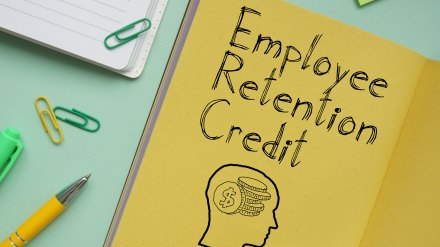The Internal Revenue Service (IRS) launched its promised voluntary withdrawal program for pending Employee Retention Credit (ERC) claims.
The agency unveiled the process just weeks after suspending new applications for the pandemic-related relief.
In late December, the agency announced additional details, including a March 22, 2024, deadline to participate, and a provision allowing parties who voluntarily participate to only have to repay 80 percent of the credit they received.
Meanwhile, the agency continues warning small businesses, nonprofits, and churches of unscrupulous third parties who aggressively push filings without fully vetting the employer’s eligibility.
Have you considered a Church Law & Tax membership for your church or ministry? Give us a try today!
ERC claims can be withdrawn, amended
Under the voluntary process, employers that filed for the ERC—but have not yet received a refund and believe the claim is likely ineligible—can “withdraw their submission and avoid future repayment, interest, and penalties,” the IRS announced.
Employers who received a refund check, “but haven’t yet cashed or deposited it, can still withdraw their claim,” the agency added.
Employers who received and deposited refund checks, and now believe all or part of their claim may not be eligible, can file an amended return.
The agency posted a Q&A series further explaining ERC eligibility, the withdrawal process, and amending a return to correct a previously processed refund.
Keep up with the latest Church, Law & Tax developments through our weekly newsletter service
Mistaken claims and rampant fraud
The ERC was created in 2020 as part of the congressional response to the unfolding COVID-19 pandemic. The credit aimed to help employers retain employees while government-mandated shutdowns hampered operations.
Many small employers, including churches, are potentially eligible. However, the process for determining eligibility and properly claiming the credit is complex. Depending on the employer’s size, and the demonstrated impact, refunds can amount to tens or hundreds of thousands of dollars—or even larger in very limited situations.
Numerous third parties—many formed specifically for ERC claims—have aggressively marketed their consulting services. They’ve promised large refunds in exchange for sizable contingency fees.
These organizations push employers to submit claims without fully determining their eligibility.
As a result, fears of mistaken claims and rampant fraud have followed. The agency said it has already denied more than 20,000 claims and sent letters to more than 20,000 recipients indicating likely problems with credits received. The IRS also said it has already received withdrawals totaling more than $100 million.




